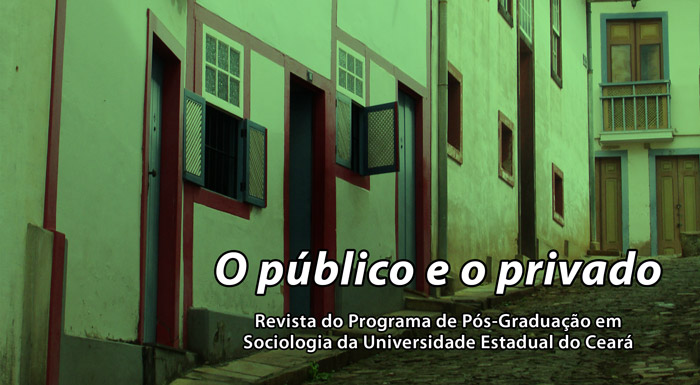Medicina tradicional no Brasil e em Moçambique
definições, apropriações e debates em saúde pública
Palavras-chave:
medicina tradicional, políticas de saúde, saúde pública, práticas de saúdeResumo
A medicina tradicional vem ganhando espaço nos debates sobre saúde pública global, por ser uma prática amplamente disseminada há séculos. Pretende-se traçar paralelos entre Brasil e Moçambique, no que tange às definições, apropriações e debates em saúde pública das práticas de medicina tradicional. No Brasil, o campo da medicina tradicional mistura-se com o das práticas integrativas, alternativas ou complementares em saúde, associando elementos indígenas, africanos e europeus. Em Moçambique, a medicina tradicional é a mais utilizada pela população. Em ambos os casos, abordam-se as noções de saúde e doença enquanto apropriação cultural local, e se discute o lugar de resistência cultural da medicina tradicional frente à colonização portuguesa e aos novos modelos de globalização da cultura
ocidental. A partir da análise dos dois países, faz-se uma discussão políticateórica sobre a evolução e a disseminação das práticas de cuidado tradicionais,
complementares e alternativas, sobretudo, problematizando esses conceitos a partir das concepções adotadas pela Organização Mundial da Saúde, e
pelos significados diversos que os nomes assumem nos diferentes contextos. Discute-se criticamente as apropriações do discurso da medicina tradicional
pela ciência biomédica, em termos de comprovação de sua segurança e eficácia, à luz do método científico moderno.











